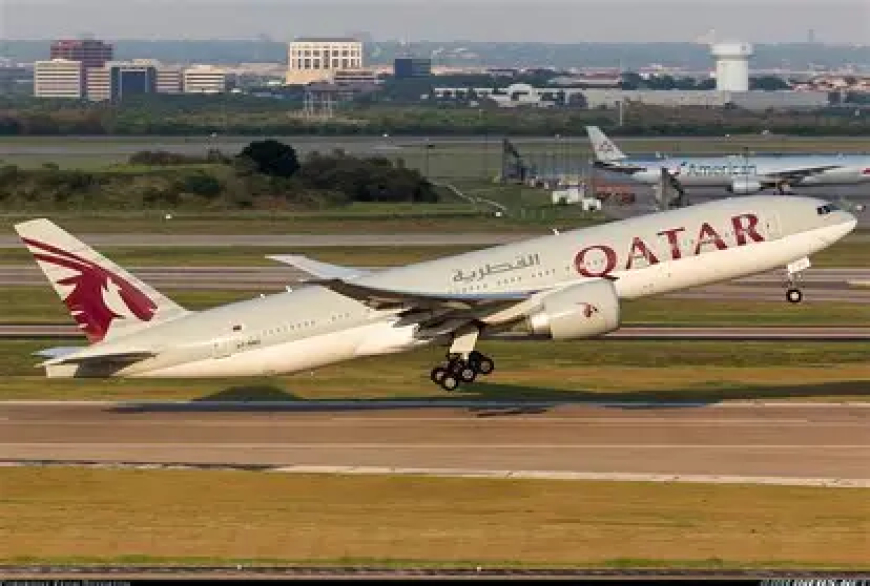Israel–Iran Conflict Disrupts Middle East Air Travel
June 23–26, 2025 — Rising military tensions—marked by U.S. strikes on Iranian nuclear sites and Iran’s retaliatory missile attacks—have thrown air travel in the Middle East into turmoil. Here's a breakdown of what’s unfolding:

Airspace Closures & Flight Disruptions
-
Qatar, Kuwait, Bahrain, UAE, Iraq closed airspaces temporarily, forcing airlines to cancel or reroute dozens of flights, with over 90 Qatar Airways flights diverted to India, Europe, Turkey, Saudi Arabia, and other countries
-
Passengers reported long delays, mass diversions, and complex rebooking—Qatar Airways re-accommodated ~20,000 travelers within 24 hours
-
Qantas flights including QF9 and QF33 were diverted via Singapore or returned to Perth, highlighting the ripple effect across global networks
???? Carriers Affected
-
Major Gulf airlines—Qatar Airways, Emirates, Etihad, flydubai—suspended flights to/through Qatar, Dubai, Abu Dhabi, Riyadh, and Tel Aviv
-
International carriers like British Airways, Air France–KLM, Lufthansa, Singapore Airlines, Air India, IndiGo, United, Delta, and Air Canada either cancelled or diverted flights to these areas
⚠️ Passenger Impact
-
Thousands stranded: At Doha’s Hamad International, up to 22,000 travelers were left in limbo, leading to 13-hour queues and chaotic scenes
-
Extended delays globally: Routes between Europe and Asia lengthened significantly as airlines diverted flights around closed airspaces
-
Compensation & rebooking: Airlines offered refunds or rebooking flexibility. In Australia, passengers waited up to 26 hours to be rebooked home .
???? What Travelers Should Know
-
Alternative routing via Asia or Africa is in effect—resulting in longer flights and higher costs .
-
Insurance and refunds: Travelers are urged to keep travel insurance active—not to self-cancel flights prematurely, and to take advantage of airline provisions
-
Stay informed: Monitor airline updates, government advisories, and airport announcements as the situation remains unpredictable .
✅ Bottom Line
The Israel–Iran confrontation is disrupting the global aviation network, with Middle Eastern hubs at the epicenter. While airspace closures and missile threats continue, carriers are adapting through extensive rerouting, rebooking, and passenger care efforts. The situation remains dynamic—travelers must stay updated and
What's Your Reaction?




















































































